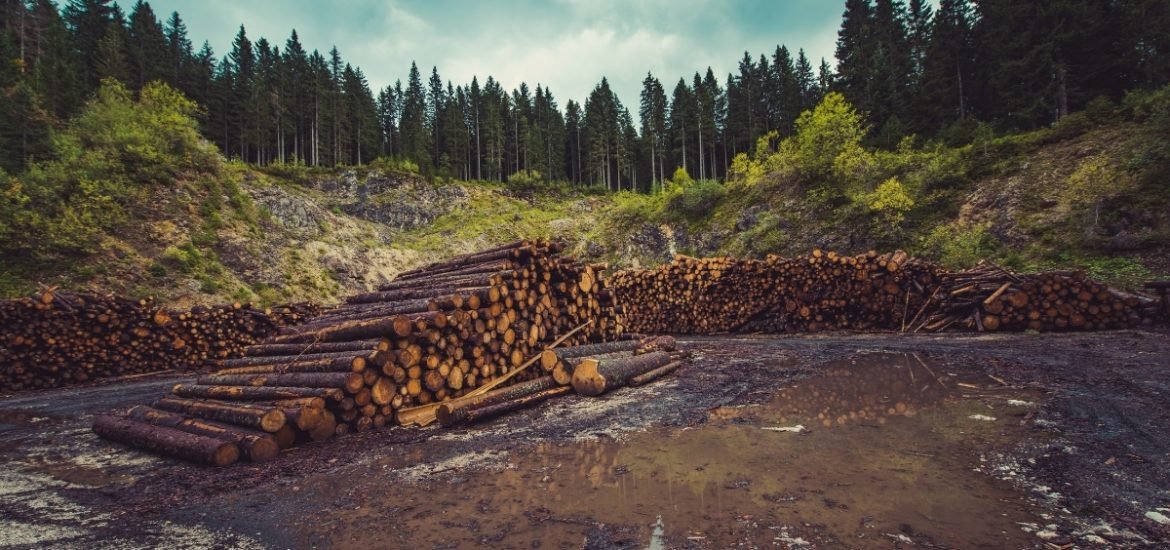
A paper published on 12 September in Nature Communications, co-authored by several academics from the US and Europe, has slammed Europe’s latest climate law which will count energy created from the burning of whole trees as “carbon neutral” (1). Europe’s decision to promote the use of wood as a “renewable fuel” is likely to immensely increase Europe’s greenhouse gas emissions and promote global deforestation.
In January of this year, the EU parliamentary vote to double Europe’s 2015 renewable energy levels by 2030 was commendable, however, the new directive also treats wood harvested directly for bioenergy use as a carbon-free fuel. The paper concludes, “The result could consume quantities of wood equal to all Europe’s wood harvests, greatly increase carbon in the air for decades, and set a dangerous global example.”
The EU suggests carbon neutrality can be reached by planting new saplings that will eventually compensate for the additional carbon being released by burning of trees for energy. However, sapling growth can take decades or centuries. According to the paper, by 2050, replacing fossil fuels with wood will likely result in two- to three times more carbon in the atmosphere per gigajoule of final energy.
The researchers suggest that to meet the goal of increasing renewable energy for heat from wood by 10%, this would likely use around 50% of Europe’s present annual wood harvest. The increased demand for wood in Europe would need to be met cutting in forests worldwide. Therefore, the authors purport that the directive will likely encourage other countries to take the same route making the global impact even greater. Brazil and Indonesia have already announced their intentions to reduce the effect of climate change by increasing their use of wood for bioenergy. The authors write, “Once countries and powerful private companies become invested in such efforts, further expansion will become harder to stop.”
The directive mandates that harvesting trees should occur sustainably and repeatedly cites its goal to preserve biodiversity. The authors argue “these provisions will afford little protection” and explain: sustainable does not equal low carbon and “harvesting and burning this biomass reduces the sink and adds carbon to the air just like burning any other carbon fuel.” In addition, they highlight that “timely mitigation matters” ― “more carbon in the atmosphere for decades means more damages for decades, and more permanent damages due to the more rapid melting of permafrost, glaciers and ice sheets, and more packing of heat and acidity into the world’s oceans.”
Moreover, the paper points out the directive’s misuse of accounting rules for bioenergy originally created for the U.N. Framework Convention Climate Change (UNFCCC). Although the directive stipulates a reduction in greenhouse gas emissions is required and could be achieved with energy, its accounting does not take into account the carbon emitted by burning the biomass itself.
According to the Guardian, an EU official has confirmed the new analysis is accurate – and if anything, underestimates the scale of the problem and claims the new directive is not well understood within the EU, “partly that is because of wishful thinking, partly it is so fundamentally wrong that most people would not believe it could be as wrong as it is.”
(1) Searchinger, T.D. et al. Europe’s renewable energy directive poised to harm global forests. Nature Communications (2018). DOI: 10.1038/s41467-018-06175-4